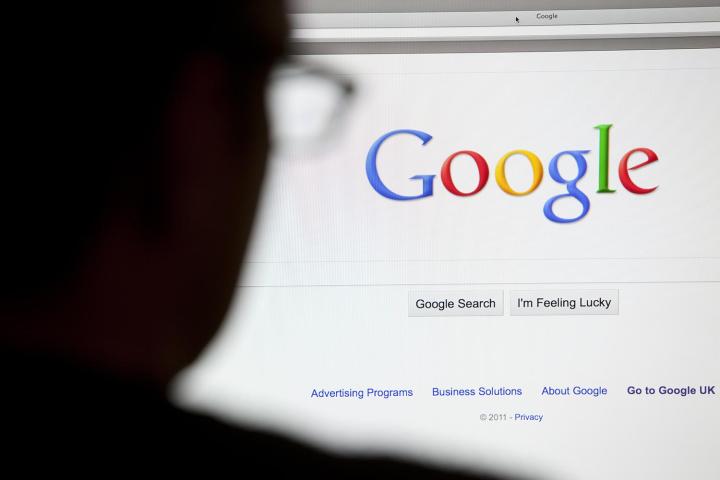
Two Yale psychologists prepared experiments involving 1,000 students in order to research the effect of the Internet on how people think. In one test, two groups of people were given the same question: “How does a zipper work?” One group was given a website link with the answer, while the other group was given a printout instead. Another test posed the question: “Why are cloudy nights warmer” and gave two groups the answer in the same two ways.
Each group found the answer to their respective questions, but only the Internet groups also uncovered an inflated opinion of their own intelligence. The study showed that the wealth of information available while the subjects were “in search mode” led them to feel smarter, even though their searches didn’t much help expand their knowledge base, professor Frank Keil said, speaking to The Telegraph.
“It becomes easier to confuse your own knowledge with this external source. When people are truly on their own, they may be wildly inaccurate about how much they know and how dependent they are on the Internet,” said lead researcher Matthew Fisher. “With the Internet, the lines become blurry between what you know and what you think you know.”
While most of the time the biggest consequence here is that your friends or colleagues think you’re a know-it-all, it can be dangerous when something important is on the line. “In cases where decisions have big consequences, it could be important for people to distinguish their own knowledge and not assume they know something when they actually don’t,” Fisher said. “Accurate personal knowledge is difficult to achieve, and the Internet may be making that task even harder.”
For those interested in digging deeper into this topic, the full study, titled Searching for Explanations: How the Internet Inflates Estimates of Internal Knowledge is available in the Journal of Experimental Psychology (PDF link). Just don’t go telling your friends how smart you are after you skim it.


